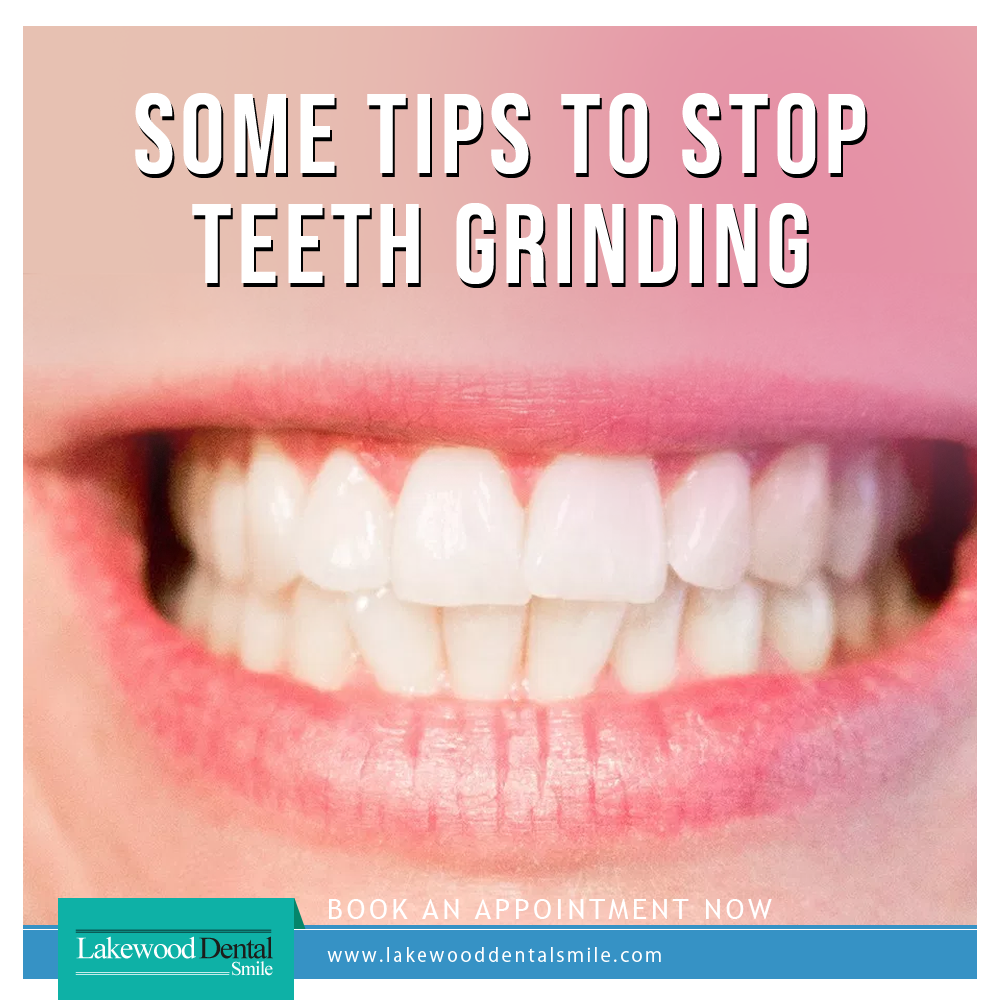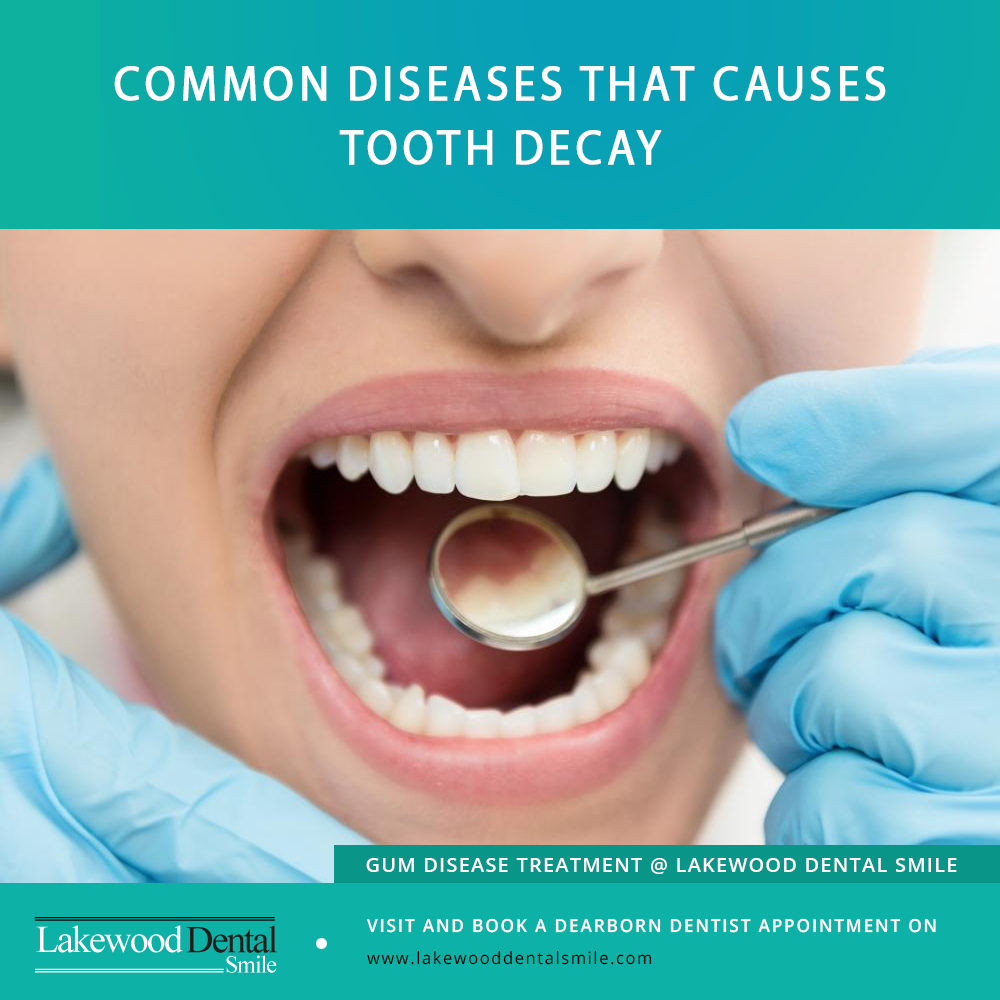Teeth grinding, also known as bruxism, is a common condition where you clench or grind your teeth—often without realizing it. Many people experience it during sleep, and while occasional grinding is harmless, frequent or intense teeth grinding can wear down enamel, cause jaw pain, or even alter your facial shape over time.

The condition can be triggered by stress, anxiety, sleep disorders, or misaligned teeth. Because most grinding happens unconsciously, people usually notice only when they develop symptoms like morning headaches, jaw tightness, or sensitive teeth. If ignored, it may lead to cracked teeth or require advanced treatments such as root canal therapy or dental implants.
Let’s explore practical and dentist-approved ways to prevent teeth grinding and protect your smile.
🦷 Common Signs and Causes of Teeth Grinding
You might not know you’re grinding your teeth, but symptoms can include:
- Persistent jaw soreness
- Morning headaches
- Chipped or sensitive teeth
- Disturbed sleep
Common triggers include stress, anxiety, certain medications, or missing or crooked teeth. Sometimes, your dentist may notice early signs of wear or jaw tenderness before you feel discomfort.
💪 1. Use a Night Guard
Your dentist may recommend a custom night guard—a soft or hard plastic device that fits over your upper teeth. It acts as a cushion, preventing your teeth from rubbing together and reducing pressure on your jaw. Although it doesn’t stop the habit, it effectively protects your teeth from further damage.
🧘 2. Manage Stress with Exercise
Since stress is a leading cause of bruxism, daily exercise is one of the best natural solutions. Activities like yoga, swimming, or even a brisk walk help release built-up tension and promote relaxed muscles and better sleep.
🌙 3. Take a Warm Bath Before Bed
Warmth relaxes tense muscles. Try soaking in a warm bath before bedtime or place a heated washcloth on your jaw for a few minutes. This helps relax facial muscles and reduces nighttime grinding.
😌 4. Relax Before Bedtime
Avoid screens and stressful conversations close to bedtime. Instead, try deep breathing or soft music to calm your mind. Going to bed relaxed can make a big difference in controlling teeth grinding during sleep.
🦷 5. Massage and Retrain Your Jaw Muscles
Gently massage your jaw, neck, and shoulders when you feel tension. Also, practice keeping your lips closed and teeth apart during the day. Your teeth should touch only when you chew or swallow. This simple awareness technique trains your muscles to stay at rest.
💆 6. Massage Your Jaw
Both alcohol and caffeine can worsen teeth grinding. Avoid them in the evening and skip chewing hard items like pens, ice, or fingernails. Such habits trigger jaw tightening and worsen the condition.
☕ 7. Avoid Alcohol, Caffeine, and Hard Objects
Poor sleep often intensifies bruxism. Maintain a consistent sleep schedule, avoid heavy meals before bed, and keep your bedroom calm and dark. Good-quality sleep helps your muscles and nerves function better, naturally lowering grinding frequency.
🩺 Diagnosis and Treatment of Bruxism
If you suspect teeth grinding, share your symptoms with your dentist. They can identify bruxism by checking your bite alignment and tooth wear patterns. In many cases, a custom mouth guard or occlusal splint is prescribed to separate your teeth while you sleep.
Though it might feel unusual at first, wearing it consistently helps prevent damage and reduces jaw strain. Over time, your body adapts—and you’ll notice better comfort and sleep quality.
For personalized care and long-term relief, visit Lakewood Dental Smile in Dearborn, Michigan. Our experienced team offers gentle, expert solutions to manage teeth grinding effectively and protect your natural smile.



